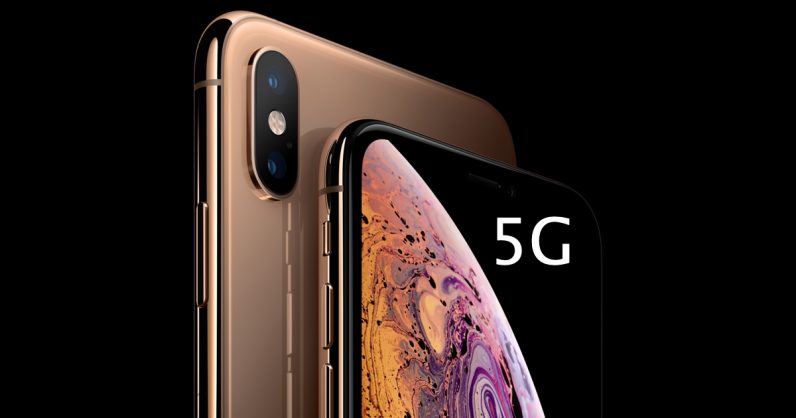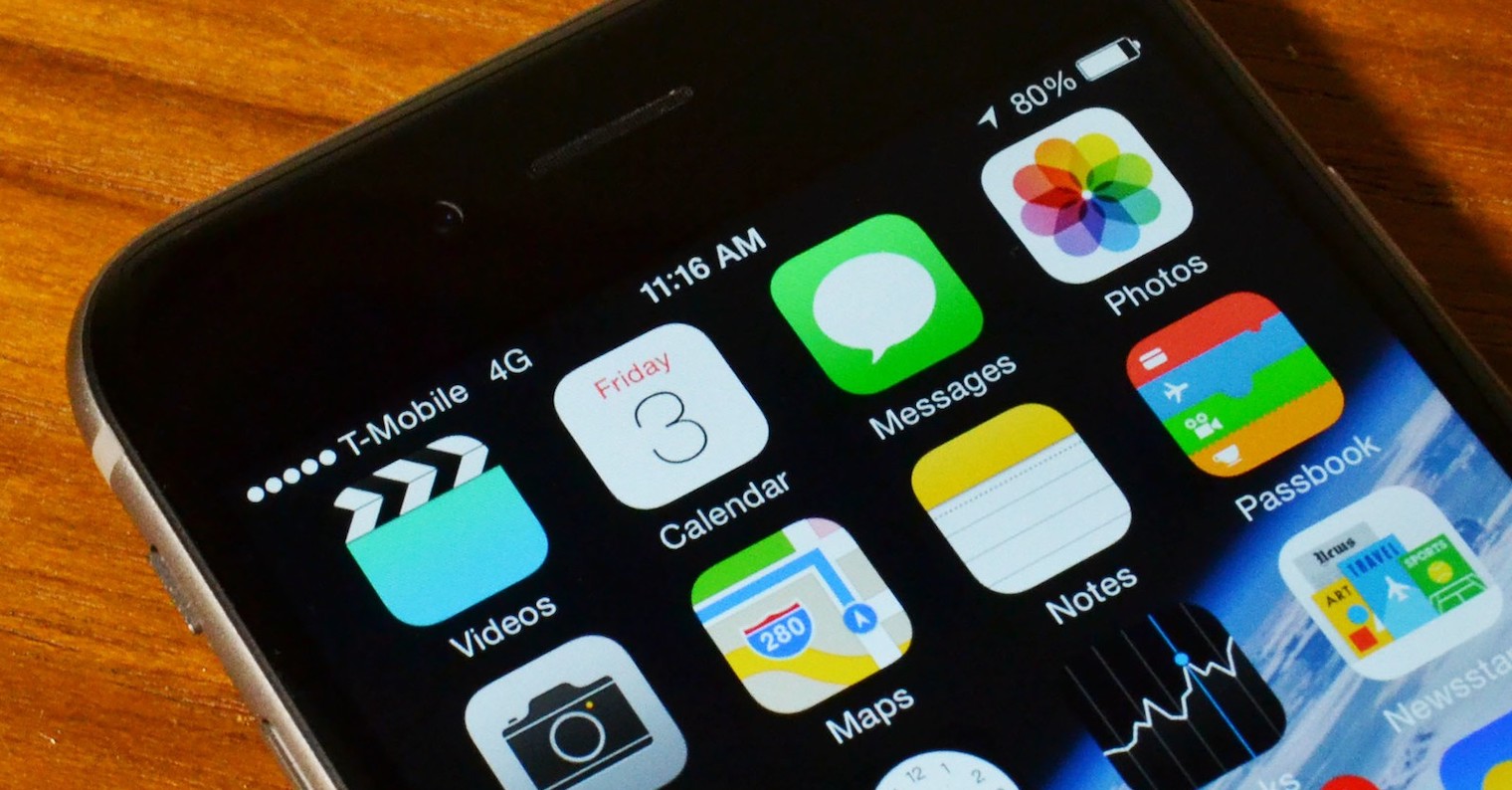During the past two weeks, there have been many twists and turns that will greatly affect the shape of future iPhones, or rather their hardware equipment. After several years, Apple settled with Qualcomm, and in return (and for a considerable amount of money) it will supply its 5G modems for the next iPhones and all others for at least five years. However, this year's news will still ride on the wave of the 4G network, and Intel will supply the modems for these needs, just like last year and the year before. This can be associated with certain problems.
It could be interest you

Intel has been the exclusive supplier of data modems for the current generation of iPhones, and since the beginning there have been quite a few users complaining about signal problems. For some, the strength of the received signal dropped to a very low level, for others, the signal was completely lost in places where it was usually sufficient. Other users have complained about slower transfer speeds when using mobile data. After several tests, it became clear that data modems from Intel do not reach the same quality as comparable models from competing manufacturers, especially from Qualcomm and Samsung.
A very similar problem also appeared with the two-year-old iPhone X, when Apple's data modems were supplied by both Intel and Qualcomm. If the user had a Qualcomm modem in his iPhone, he could usually enjoy higher quality data transfers than in the case of modems from Intel
It could be interest you

Intel is preparing a new version of its XMM 4 7660G modem for this year, which will most likely appear in the new iPhones that Apple traditionally presents in September. It should be the last generation of 4G iPhones and it will be very interesting to see if the situation from the current generation will be repeated. From 2020, Apple should again have two modem suppliers, when the aforementioned Qualcomm will be added to Samsung. In the future, Apple should produce its own data models, but that is still the music of the future.

Source: 9to5mac